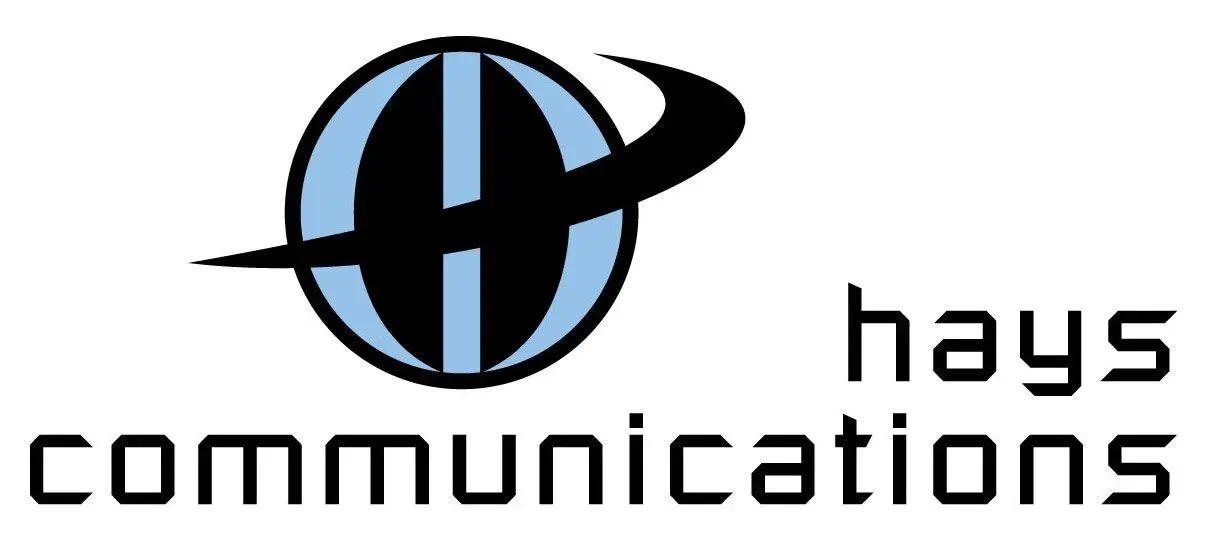How Remote Teams Can Communicate on a Budget

Working remotely has transformed how teams connect, collaborate, and communicate. But with so many platforms and costs involved, keeping communication both seamless and affordable can be tricky. The good news? With the right tools and strategies, you can keep your team talking—without draining your budget.
In this article, we’ll explore smart, cost-effective ways to strengthen communication in remote teams, from choosing the right tools to fostering a culture of clarity and connection.
1. Start with the Right Communication Infrastructure
The foundation of remote work success lies in your communication setup. Whether you’re a small business or managing a growing virtual workforce, the right network support is crucial. Partnering with a reliable Lubbock TX telecommunication company like Hays Communications ensures that your systems stay efficient and cost-effective. Their telecom services can be tailored to your business size and needs, so you only pay for what you use—nothing more, nothing less.
A good infrastructure should include:
- Stable internet and cloud-based phone systems
- VoIP technology for affordable global calls
- Secure video conferencing tools
- Real-time chat and project management apps
These tools don’t just connect your team—they keep operations flowing smoothly even across time zones.
2. Choose Scalable Tools That Fit Your Team’s Needs
It’s easy to overspend on software subscriptions that don’t add real value. Instead, choose scalable tools that grow with your business. Look for platforms offering free tiers or flexible pricing models—Zoom, Slack, and Google Workspace are great examples.
Ask yourself:
- Do we really need premium features, or will the free plan do?
- Can we consolidate tools (for example, using one platform for chat, video, and file sharing)?
- Are employees actually using the tools we’re paying for?
The more streamlined your tech stack, the lower your overhead costs. Plus, employees benefit from having fewer apps to juggle.
3. Encourage Clear, Asynchronous Communication
In remote teams, constant video calls can burn both time and energy. Instead, promote asynchronous communication—messaging that doesn’t require an immediate response.
Try these practices:
- Use chat platforms for quick questions or updates
- Record short video messages instead of scheduling another meeting
- Create written guides or FAQs for recurring processes
This method saves hours of meeting time each week, helping teams focus on productive work while maintaining strong communication habits.
4. Train Your Team on Digital Etiquette
Affordable communication isn’t just about cutting costs—it’s about maximizing clarity. Misunderstandings lead to lost time and frustration, which can be avoided through proper training.
Host a quick workshop on:
- Writing concise, clear messages
- When to use chat versus email
- How to document updates in shared channels
A well-trained team communicates better, faster, and with fewer mistakes. This not only saves time but also fosters a respectful, efficient work environment.
Case Study: How a Small Marketing Agency Cut Costs by 40%
A remote marketing firm with 12 employees was juggling multiple paid tools for video meetings, chats, and task management. After assessing their needs, they switched to one unified communication suite and invested in a low-cost VoIP solution through a local telecom provider. Within three months, their communication costs dropped by 40%—and employee satisfaction rose due to simplified workflows.
5. Regularly Audit and Adjust Your Communication Strategy
Your team’s needs will evolve over time. Review your tools and processes quarterly to make sure you’re not paying for unused licenses or outdated tech. Encourage feedback from your staff—they often know best which tools are helping and which are hindering.
By auditing regularly, you keep costs low while ensuring your remote team has everything it needs to thrive.
Final Thoughts
Affordable communication isn’t about cutting corners—it’s about building smarter systems. With scalable tools, strong infrastructure, and a focus on clarity, you can empower your remote team to collaborate efficiently and affordably.
Ready to simplify your team’s communication? Start by reviewing your current tools and identifying areas where you can save without sacrificing quality.






